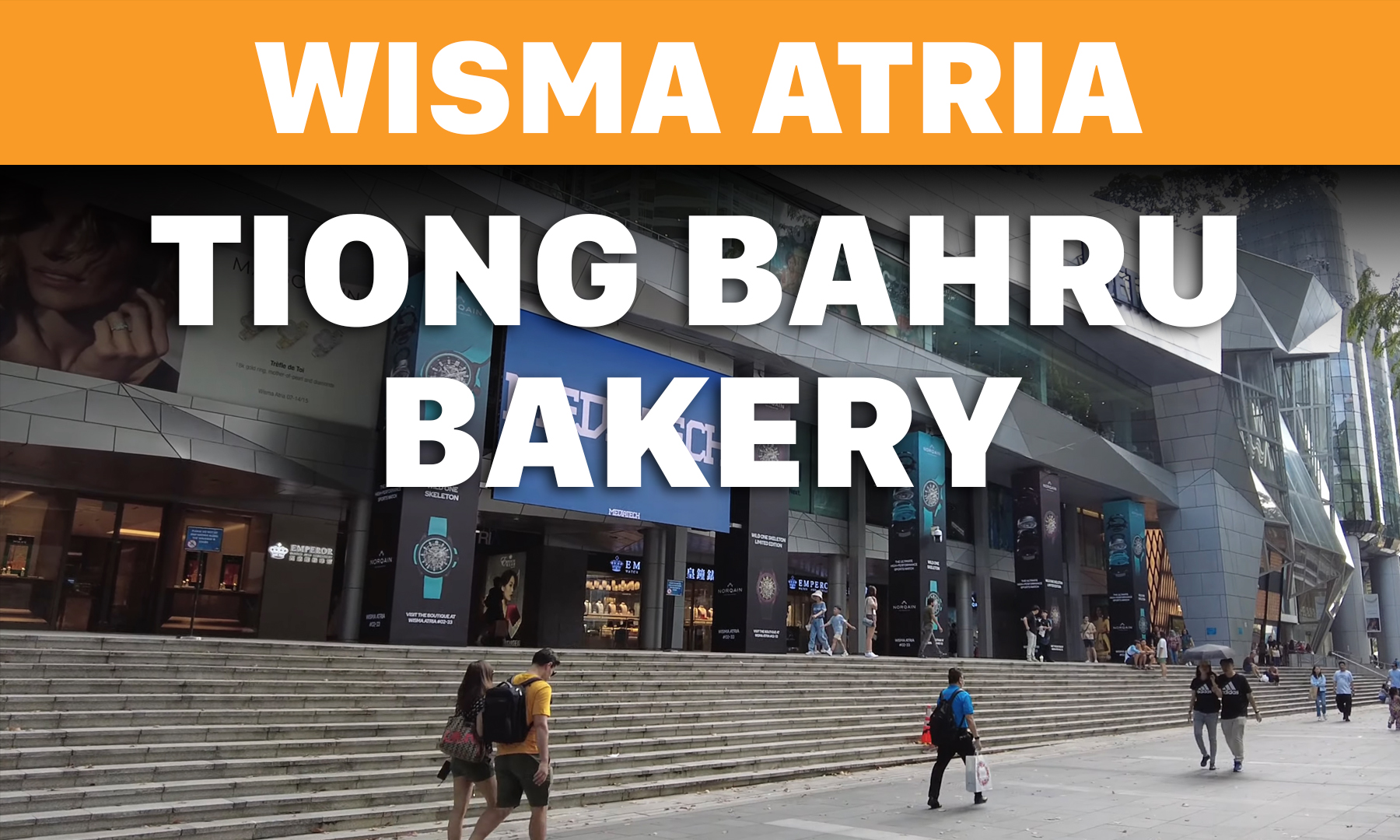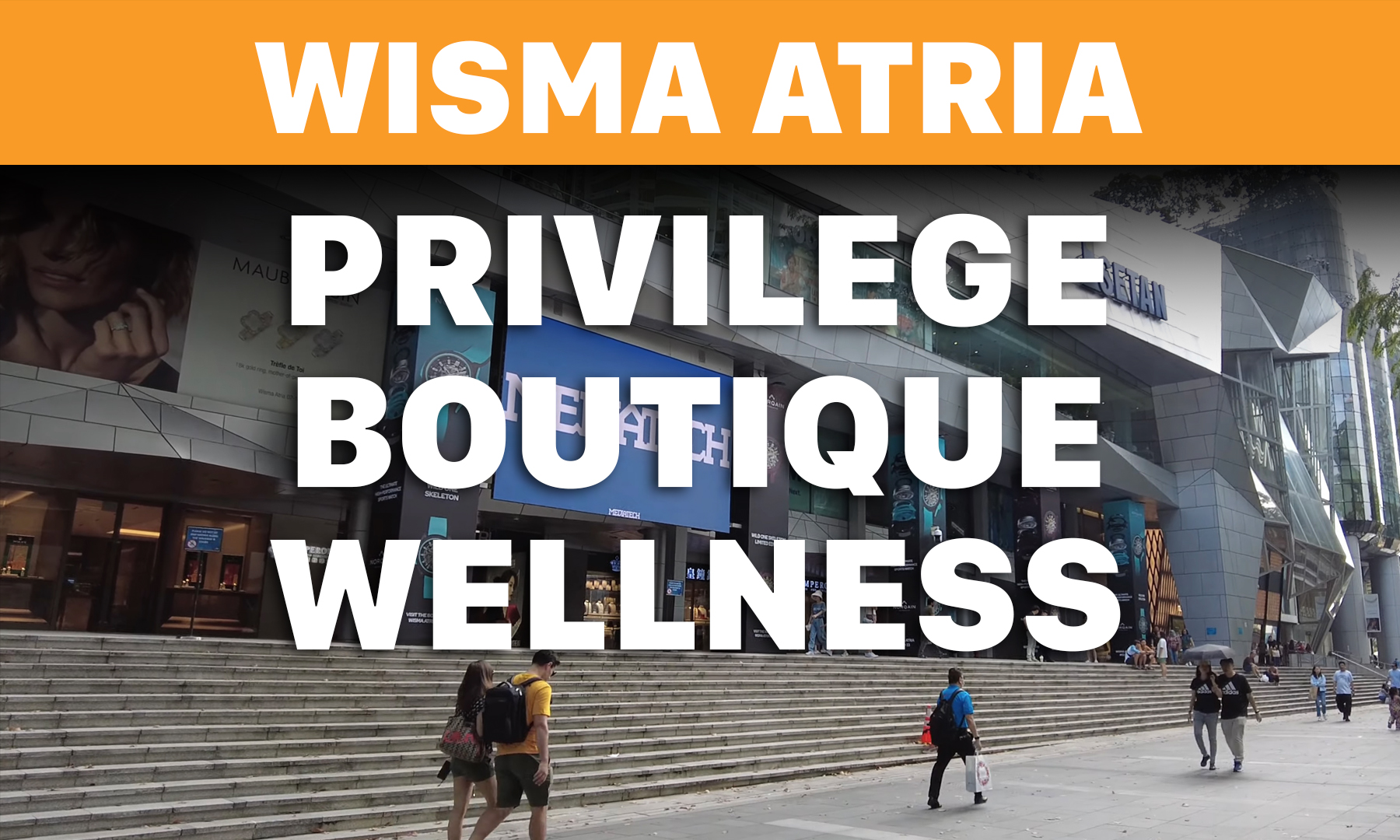Preventing the Slide from Democracy to Autocracy: Understanding and Mitigating the Risks


The transition from a democratic country to an authoritarian state like North Korea involves a progressive erosion of democratic norms and institutions, and it often happens so subtly that many citizens may not recognize the threat until it is too late. It should be noted that the circumstances that led to North Korea's current state are quite unique and not likely to be directly replicated elsewhere, but we can still examine general processes by which a democratic state could potentially slide into autocracy, and how this could be prevented.
- Concentration of power: A key aspect of a democratic society is the separation of powers across different branches of government to ensure checks and balances. A shift towards authoritarianism often involves the centralization of power in one body or person. This could occur through a variety of means, such as executive overreach, changes in law, or coercion of other branches of government. Prevention: The judiciary and legislative branches should remain independent and assert their powers effectively. Vigilant citizens and civil society organizations can advocate for strong, independent institutions, and can hold officials accountable for any overreach.
- Repression of opposition: Democracies thrive on the competition of ideas and policies. A slide towards authoritarianism might involve the suppression of opposition parties, often through legal measures, harassment, or even physical intimidation. Prevention: Legal protections for opposition parties, free speech, and freedom of assembly must be upheld. International organizations can play a role in monitoring and reporting on human rights abuses.
- Control of information: Authoritarian regimes often seek to control the narrative by restricting press freedom, censoring the internet, or propagating state-sponsored media. This can make it difficult for citizens to obtain reliable information or voice dissenting opinions. Prevention: Protecting and promoting freedom of the press is crucial. Also, promoting digital literacy can help citizens discern reliable from unreliable information online.
- Erosion of civil liberties: In the guise of enhancing security, an authoritarian-leaning government might infringe upon privacy rights, freedom of speech, and other civil liberties. Prevention: Constant vigilance is necessary to ensure these rights are not unduly compromised. Civil society and human rights organizations can play a crucial role in this regard.
- Manipulation of the electoral process: This could involve gerrymandering, restrictions on voting rights, or even outright election fraud, all designed to ensure the ruling party maintains power. Prevention: Robust, independent electoral commissions and vigilant citizen observers can ensure free and fair elections. International observers can also play a crucial role.
- Instilling fear: An authoritarian regime might use fear, whether of external threats or internal subversion, to justify its repressive measures and discourage dissent. Prevention: Open dialogue, education, and promoting a culture of questioning can help citizens to critically evaluate such tactics.
To conclude, protecting a democracy requires active participation from all sections of society: from the individual citizen to the highest branches of government, from non-profit organizations to the press. It is essential to constantly monitor the health of a democracy, to question and critique, and to speak out against any erosion of democratic norms and values.




































































































